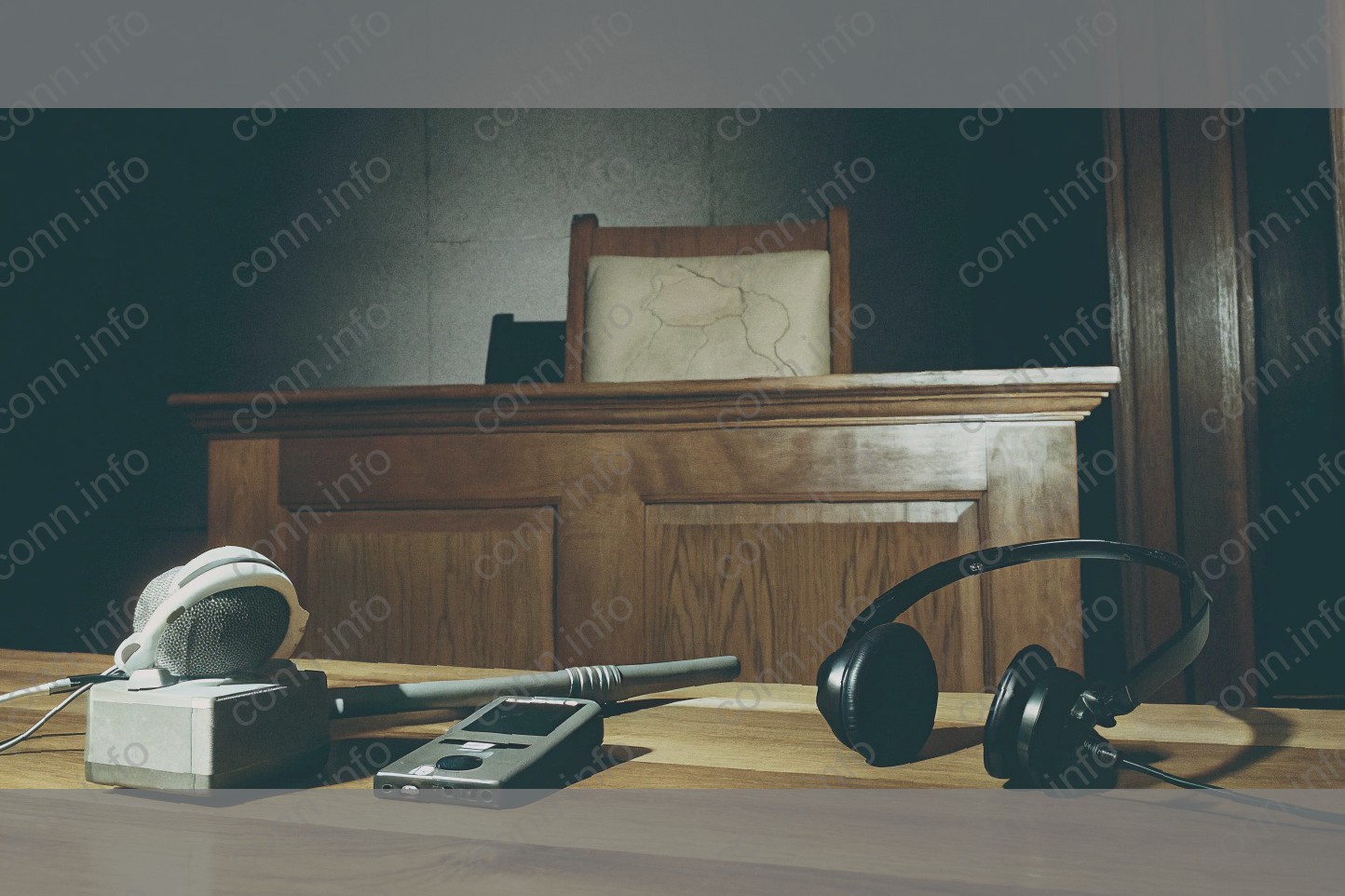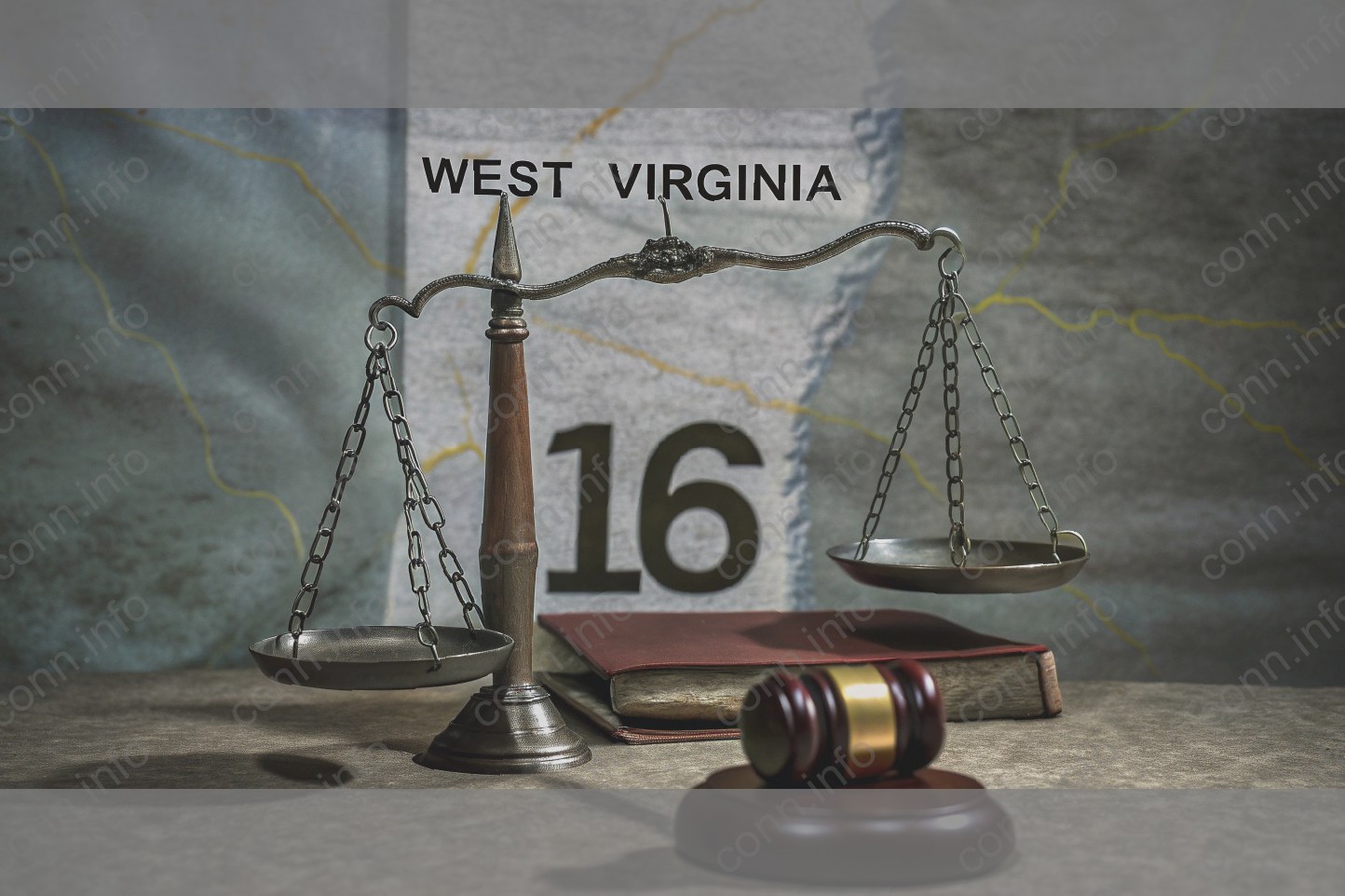Kansas Wiretap and Recording Laws: One-Party Consent Explained
Kansas is known as a one-party consent state when it comes to recording. Being a one-party consent state means that as long as you are one of the parties (or have the consent of one of the parties) in the conversation, you are free to record. If you are not a party, then you may not record without express consent from one of the parties.
Generally , you can assume that you are a party to a conversation if you are in person with the other person(s) involved. Alternatively, charitable organizations and their employees do not consent to be recorded in supervised situations designated by the organizations where they have a reasonable expectation of privacy. Outside of those exceptions, in order to record a conversation in Kansas, you only need to obtain consent from one party to the conversation.
Kansas Exceptions and Laws Prohibiting Recordings
While Kansas is a one-party consent state for recording conversations in person, there are exceptions to the rule where recording without permission may not be legal. Any situations that involve from the following types of interactions between parties may also have recordings that are not protected under Federal Law as well.
Pen Register and Caller ID Statute – As recorded telephonic communications are considered pen register and caller ID information for the purposes of K.S.A. 22-2514(f), if the evidence of such communication is obtained unlawfully, it may not be admissible in court.
Public Meetings – It is illegal to videotape or audiotape a public governmental body’s closed or executive session without the permission of all members of the public body. However, this does not apply to a videotape or audiotape of a meeting that is broadcast on TV or radio. This follows the Federal Wiretap Act in providing as an exception to the one-party consent rule; however, this is an exception only through the status of being a public body.
Victim of Domestic Violence – A person may not tape record conversations or communications of a mobile communications device that they know to contain evidence of a violation or attempted violation of a protective order or a relief from abuse order.
Nonverbal Communication, Visual Surveillance and Interception of Private Communications – A person shall not intentionally use visual surveillance to watch, observe, photograph, videotape or otherwise record or capture visual images of a person or persons without their knowledge or consent, if the photographing, videotaping, or otherwise recording or capturing of visual images would be considered highly offensive to a reasonable person.
Consequences of Unlawful Recording in Kansas
In Kansas, the penalties for illegally using a device to overhear communications are outlined in KRS 526.020. Violation of subsection (1) is a Class A misdemeanor. A Class A misdemeanor in Kansas results in substantial jail and fines. The law sets out that a person who fraudulently and secretly uses a device to overhear or record an oral conversation is subject to a term of imprisonment which you must serve 90 days.
Even in cases where the recording was not done secretly, if the recording is made with the intent to embarrass, or annoy another, the penalty is a Class C misdemeanor. The punishment for a Class C misdemeanor in Kansas is a maximum $500 fine.
In some cases, there may be civil liability for damages as well. KRS 526.050 allows the impacted party to recover from any person violating KRS 526.020 actual damages as well as reasonable attorney fees and costs.
Kansas does allow for recording conversations with consent in certain circumstances. There is one potential defense if one of the parties did consent, and you did not.
Kansas Compared to Other States
The disparity in state recording statutes produces a real trap for the unwary, particularly those from states neighboring Kansas that have different rules. For example, many to the east and south of us — Missouri, Oklahoma, Arkansas, Tennessee, and Tennessee — require at least two consenting parties to electronically record a conversation. Thus, if a person makes a phone call into Kansas from one of those states, he or she is breaking the law if not all parties consent to the recording (assuming the recording is being made in Kansas).
Kansas law is not on its own an outlier with respect to states that permit the recording of telephone conversations. Several states neighboring Kansas (Nebraska, Colorado, and Texas) have similar one-party consent laws. Thus, the tendency to make a quick telephone call into Kansas rather than visit the state to review documents will , in most cases, not result in legal trouble. On the other hand, foreign telephone calls to a Kansas monitor without knowledge of Kansas law could result in liability. What about calls placed from Kansas to surrounding states? Since very few people would travel to, say, Oklahoma or Missouri, to make calls for the purpose of listening to a telephone recorder, I don’t believe there are many real world risks in place. However, it does happen that a Kansas-based vendor or service center maintains telephone equipment in another state, and that equipment is subject to the laws of that state rather than Kansas law. There may be operators and employee monitoring systems in Wisconsin, New Hampshire, Florida, Ohio, or other states with consent statutes similar to Kansas’ one-party consent statute. While the risks of liability should be low, they cannot be completely disregarded.
General Tips for Kansas Residents
Here are a few practical tips to avoid legal complications:
- If the parties are in Kansas and are having a conversation where one of them (or anyone else present) has a reasonable expectation of privacy, then all parties should consent to the recording. This means that if you intend to record a conversation of any kind between two or more parties, and you’re not present, you need to get authorization from each party to record before you press "record."
- If a party is in Kansas but present elsewhere (e.g. Nebraska) and is having a conversation in Kansas with a party in Kansas, you need consent from that party. You cannot rely on the prior "all-party" consent legislation.
- Obtain all parties’ consent before recording any face-to-face conversations. It’s a good idea to ask for consent in the presence of a third party so you don’t have a "he said, she said" issue if someone later claims to not have given consent.
- Be honest. If you need to record the conversation for a legal purpose, tell the other person the conversation is being recorded—especially if it’s about a "sensitive" topic.
- Make sure everyone (including you) in the recordings is speaking English. It can appear as though the recording was altered, regardless of whether or not it actually was, if someone states in a different language "I didn’t consent," but it’s recorded in English. This holds true for any foreign or dialect languages.
- Record the full conversation without editing it in any way. This includes removing what says that "this has been recorded" recording quality.
Advice from Attorneys
In situations where recording conversations may involve potential legal pitfalls, seeking the expertise of a legal professional is invaluable. One of the key reasons why consulting with a legal professional is vital is that each case may have unique circumstances that require tailored advice to ensure compliance with the law. Kansas law on recording conversations can be intricate and nuanced, and an experienced attorney will be familiar with the latest legal precedents and interpretations, so they can provide up-to-date and relevant information for your specific needs.
The legal ramifications of improperly recording a conversation may extend beyond a civil lawsuit to criminal consequences. Legal professionals experienced in this field can also help you navigate the potential criminal ramifications that could arise from recording individuals without their consent or knowledge. They can assess whether criminal cases are involved and if so, guide you through appropriate legal channels and representation. Further, there may be legally permissible contexts for recording that would otherwise be considered illegal outside of those contexts . Legal professionals experienced in recording laws in Kansas can help you identify such circumstances and help you avoid penalties associated with illegal recording.
From employment matters to business transactions to family issues, recording conversations can have a significant impact in a wide range of legal and personal matters. A legal professional can advise you when and how it may be appropriate to make a recording in order to preserve important information. Knowing when it may be in your best interest to make a recording before speaking with authorities or other individuals can be key to protecting your rights and interests throughout a particular process.
Lastly, consulting with outside professionals in the industry may be helpful in the recording process. For example, in the event of a business dispute or legal matter, a recording could provide key evidence that supports a closing agreement or set forth additional terms of the transaction. In such instances, having an attorney assist with the recording of a telephone conversation may be in the best interest of the parties involved. Using a legal professional can also help facilitate a recording process and allow the parties involved to focus on what’s really important – coming to an agreement.


